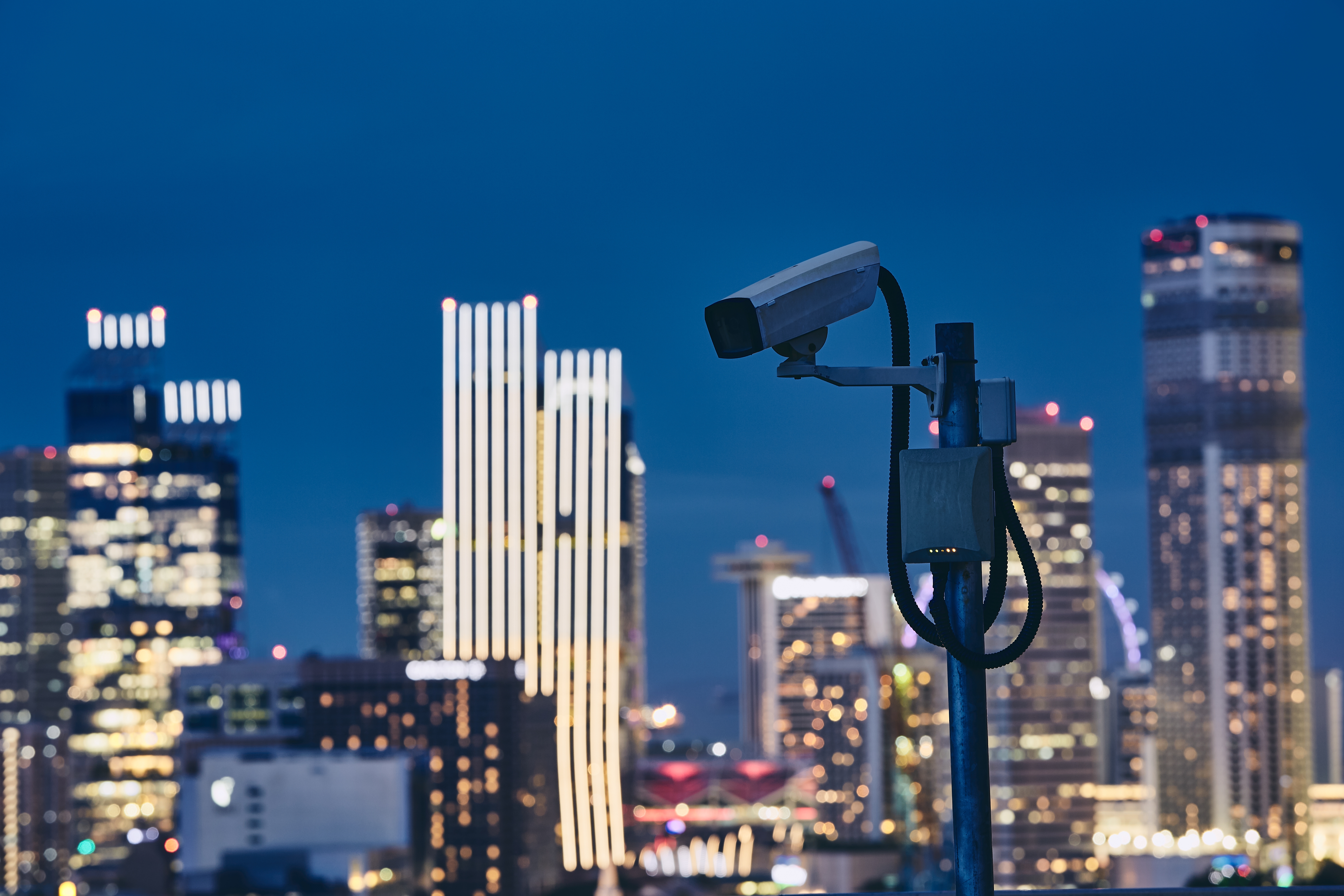BIG BROTHER IS WATCHING YOU...

State surveillance, what is it? Why is it needed? This article will discuss and compare the bills for surveillance in the UK and Germany. It will explore the benefits and the drawbacks of having an entire population being watched.
Back in 2016, the Investigatory Powers Act aka ‘the Snoopers Charter’ was passed in the United Kingdom; this extended the state’s surveillance power by tapping into web and mobile devices and storing each user’s browser history for the last twelve months. Amber Rudd, Britain’s Home Secretary praised this bill as “world-leading legislation” that enables “unprecedented transparency and substantial privacy protection”. The new act also allows security services and the police to hack into devices and collect data in bulk (all provided that a judge signs this off). The UK Government communicated their reasoning as to why this bill was passed; in this time of heightened security threats, collecting information on the public is very important. The Government then went on to say that the internet today provides more ways of conducting acts of terrorism and the Open Rights Group require this bill to keep the public safe. However, Jim Killock, the executive director of the , critiqued the process as the legislation was passed “while the public, media and politicians were preoccupied with Brexit”. This has then lead to the public feeling concerned as to what information will be shared and what extent of power will the police gain from all this?
Now in 2017; Germany too, have plans for state surveillance. The Interior Minister, Thomas de Maizière, has pushed a proposal for all tech/car companies to provide Germany’s Security Services with access to intelligence from all their digital products. The Interior Minister’s motivation behind this new law was due to the intelligence agencies struggling to break through security systems on all digital devices. He backed up his plans by stating that it is “the legal duty for third parties to allow for secret surveillance.” Maizière won’t stop there though, as his future plans include the security services gaining access to any device that can connect to the internet, that includes; smart TVs, fridges and even coffee makers. Frank Rieger, a spokesman for the Chaos Computer Club, has critiqued this bill; he stated that if the information gets into the wrong hands, then it will cause dire consequences. Rieger provided a fitting example; if someone gains access to the IT system of a car, then they can control the steering/pedals/gears, which puts the driver and the passengers lives in danger; “it is a literal kill switch” he explained. Konstantin von Notz, the Deputy Faction Leader of the Green Party, also added concern as the German Government seem to be mirroring the ‘Big Brother is watching you’ mentality from George Orwell’s book; Nineteen Eight-Four, turning Germany into a “Orwellian nightmare”. Notz then raised the uncertain future Germany would face; “do we want to live in a land where there is no privacy and where the state can interfere wherever it is technologically possible?”
Digital First understand that the world is getting smarter and with that comes new threats. The UK and German Government are trying to combat this by introducing state-wide surveillance, and where this makes sense to stop terrorism plots; when does the line get drawn? Gaining access to the public’s harmless personal devices, like a coffee machine, seems to be a step too far. Digital First always welcome new systems to aid future progress, but we also understand that you should keep your wits about you and critique everything.






